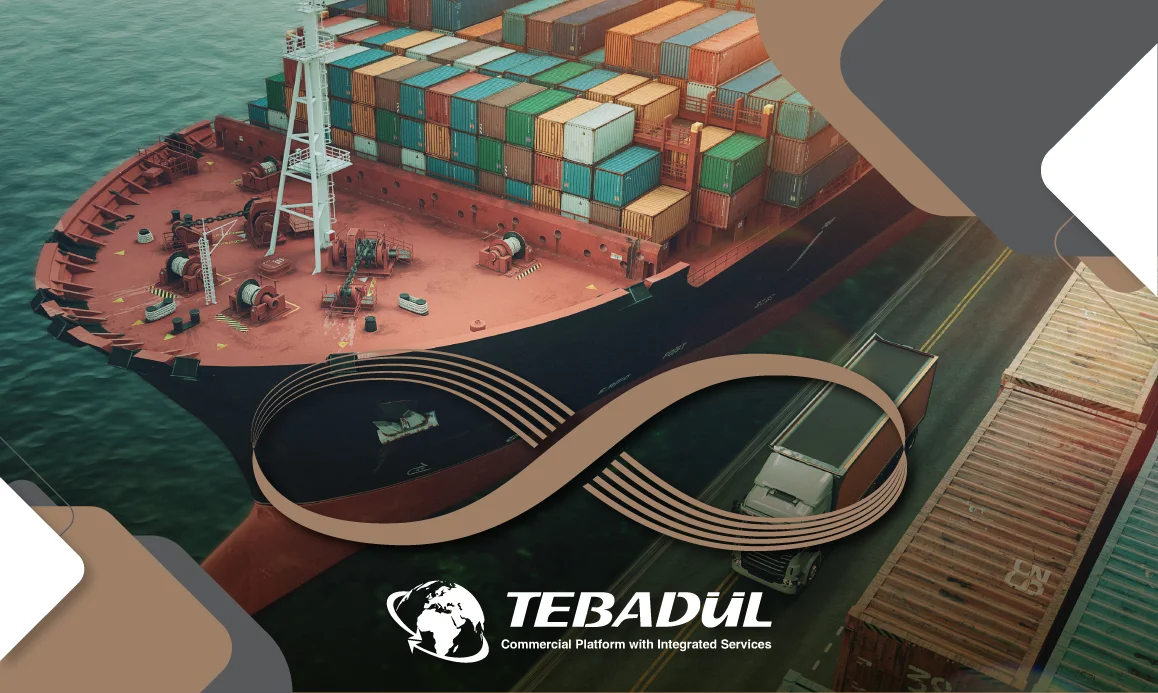Trade Beyond Borders with TEBADUL
Need Help? Let's Book a Call
We will reach you in no time
Trade Beyond Borders with TEBADUL
We will reach you in no time
Our website uses cookies and similar technologies to ensure basic functionalities, improve performance, and provide personalized experiences. We may also use cookies for analytics, advertising, and social media integration. Some of these cookies are essential, while others help us analyze and improve your experience. By clicking "Accept All" you consent to the use of all cookies. You can manage your preferences or withdraw your consent at any time by clicking "Cookie Settings" or visiting our Privacy Policy.
Our website uses cookies and similar technologies to ensure basic functionalities, improve performance, and provide personalized experiences. We may also use cookies for analytics, advertising, and social media integration. Some of these cookies are essential, while others help us analyze and improve your experience. By clicking "Accept All" you consent to the use of all cookies. You can manage your preferences or withdraw your consent at any time by clicking "Cookie Settings" or visiting our Privacy Policy.
are necessary for technical reasons. Without them, this website may not function properly.
are necessary for specific functionality on the website. Without them, some features may be disabled.
allow us to analyse website use and to improve the visitor's experience.
allow us to personalise your experience and to send you relevant content and offers, on this website and other websites.
